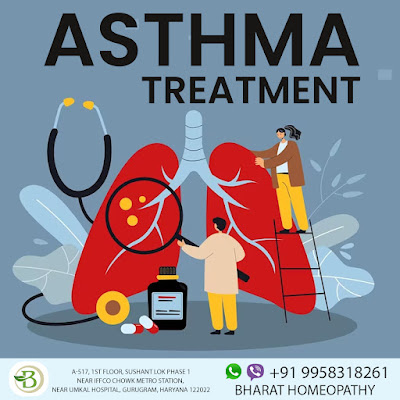A lung ailment that worsens over time and affects millions of people globally is chronic obstructive pulmonary disease (COPD). It encompasses chronic bronchitis and emphysema, which lead to airflow obstruction and breathing difficulties. The prevalence of COPD is increasing, and it is a substantial source of illness and mortality.
Causes and Risk Factors: COPD is primarily caused by long-term exposure to harmful irritants, most commonly cigarette smoke. Exposure to chemicals and dust at work, indoor air pollution from cooking with biomass fuels, and genetic predisposition are additional variables contributing to COPD. Smokers are at the highest risk, but non-smokers can also develop COPD.
Symptoms: COPD symptoms develop gradually and worsen over time. Common signs include chronic cough, excessive mucus production, wheezing, chest tightness, and shortness of breath (particularly when exercising). These symptoms are often dismissed or attributed to aging, challenging early diagnosis.
Diagnosis: COPD diagnosis involves a combination of medical history, physical examination, lung function tests (spirometry), and imaging studies (chest X-rays or CT scans). Spirometry measures the amount and speed of air you can exhale, helping to determine the severity of airflow obstruction.
Copd stages: COPD is classified into four stages:
Mild: Mild airflow limitation, with occasional symptoms.
Moderate: Increased breathlessness and reduced exercise tolerance.
Severe: Further reduced airflow, frequent exacerbations, and significant impact on daily life.
Very Severe: Severe airflow limitation, severely impaired quality of life, and increased risk of respiratory failure.
Management and Treatment: Various copd treatments aim to alleviate symptoms and slow disease progression. Critical components of COPD management include:
Smoking cessation
Medications
Pulmonary rehabilitation
Oxygen therapy
Lung surgery
Along with these treatment options, try homeopathic treatment of copd as it also slows down the progression of the disease and alleviates its root cause. This is an effective and safe treatment.
Prevention: The most effective way to prevent COPD is to avoid smoking and minimize exposure to lung irritants. Early detection and fast copd treatment are necessary to stop a disease's progression.
Complications: Untreated COPD can lead to severe complications, such as respiratory infections, heart problems, lung cancer, and disability. It significantly impairs a person's quality of life and can be life-threatening.
Prognosis: COPD is a progressive disease, and its prognosis varies depending on the stage at diagnosis, smoking history, and overall health. Early diagnosis and treatment adherence can slow the progression and improve quality of life. However, advanced copd stages may lead to severe disability and a reduced lifespan.
For More References Visit us
https://bharathomeopathycure.blogspot.com/2023/09/wellness-through-breathing-asthma-care.html
https://asthmatreatment.mystrikingly.com/
https://www.minds.com/newsfeed/1548216188520108039?referrer=bharathomeopathy2810






